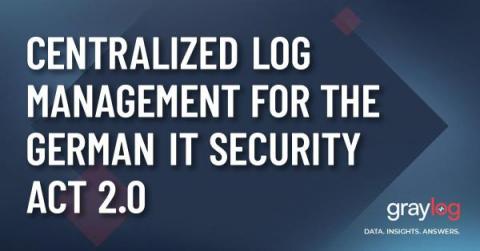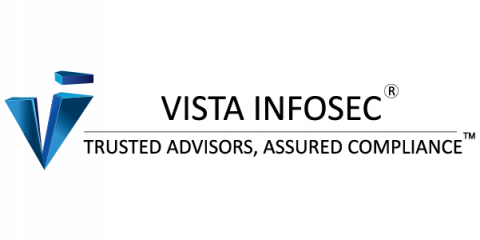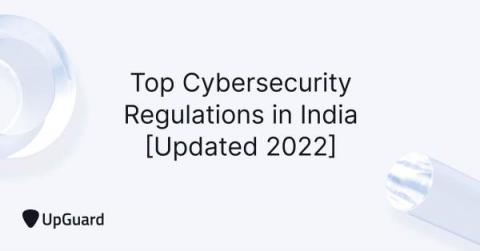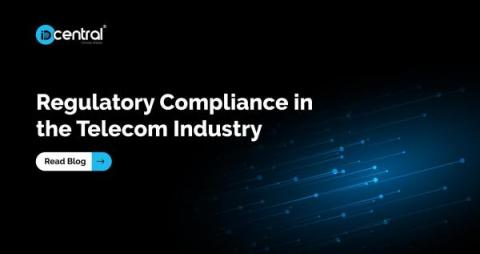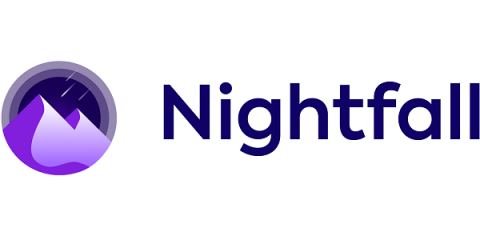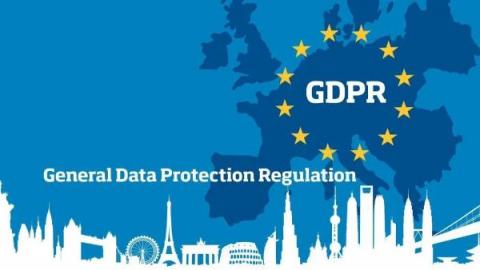Security | Threat Detection | Cyberattacks | DevSecOps | Compliance
Legislation
How Australia's Privacy Legislation Amendment impacts cybersecurity
GDPR Compliance for Email Marketing and Cold-Callings
Cold calling and emailing have always been popular and effective techniques of sales and communication with prospective clients. It is a way how brands can reach out to potential clients who may not be aware of your service or product offerings. It is a technique of creating brand awareness and lead generation. However, many customers see these activities as spamming.
FTC's New Deadline for the Gramm-Leach-Bliley Safeguards Rule
The Gramm-Leach-Bliley Act (GLBA) applies to many types of financial institutions, like banks, savings and loans, credit unions, insurance companies and securities firms. It requires those organizations to explain their information-sharing practices to their customers and to protect sensitive data. On November 15, 2022, The FTC announced a six-month extension for companies to comply with data security provisions in the GLBA. The new deadline is June 9, 2023.
EU NIS2 Directive | Splunk Fireside Chat
The Top 5 CCPA Software Solutions
The California Consumer Privacy Act (CCPA) is a law that allows California consumers to ask companies to provide them with all the information they have stored about them as well as a full list of any third parties that the company has shared that data with. In addition, the California law gives consumers the right to sue companies if the privacy guidelines are violated, even if there have been no actual breaches of privacy.
Top Cybersecurity Regulations in India [Updated 2022]
India’s ever-expanding digital infrastructure in the wake of the pandemic has escalated the demand for new, updated, and improved regulatory mandates for strengthening cybersecurity. Rampant cybersecurity incidents have been occurring weekly, alarming businesses, organizations, and individuals across India.
Regulatory Compliance in the Telecom Industry
The increasing use of cell phones has automatically led to unimaginable height of sharing of personal information online. Most routine actions, from providing information over the phone to opening a bank account to placing food orders, may now be accomplished from the convenience of your own home. While the telecom sector has enabled remote procedures, it has also hastened the spread of identity fraud and financial schemes.
An Overview of the California Data Breach Notification Law (+Compliance Template)
In this post, we’ll quickly cover the highlights of what you need to know about California’s Data Breach Notification Statute.
GDPR Training for Employees - Security Awareness
Scenario-Based Security Awareness Training Teaches Users to Make Better Decisions – Proofpoint Essentials Security Awareness Training. What is GDPR Awareness Training? Since 2018, companies and organisations have had to comply with The General Data Protection Regulation (GDPR), a European data privacy regulation and EU law that was made to give individuals more control over how their data is collected, used, and safeguarded online. Failure to comply with this EU law can result in hefty fines.


